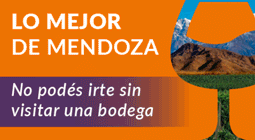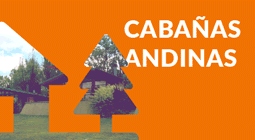Countries of the World Group appointed Mendoza Wine to host the next summit. An important decision for our province and for industry, on the grounds that key issues for the sector will be discussed. The decision to designate the Argentina in the pro-tempore presidency of the World Wine Trade Group and the determination to appoint Mendoza to host the annual meeting of the sector, serves to confirm the importance of our industry has achieved in international consensus. That summit is more than important for the reason that on the agenda to consider include points that make the Argentina wine industry at the time and inconvenience to the income generated by the country’s wines in some European countries. The so-called World Wine Trade Group has a history. Until not long ago-not more than two decades ago, the countries of the “Ancient” World Wine were the ones with the highest management body of the wine world: the International Wine Organisation (OIV). They were the ones who established the guidelines to be respected producer countries and emphasized essentially Appellations of Origin wines, knowing that their countries (France, Spain, Italy, etc.) had areas already recognized worldwide. With the entry of other countries in the international markets has been a substantial change. United States, Chile, Australia, New Zealand, Canada, South Africa and Argentina (which had tradition wine but not push other countries) began to emphasize varietal above designations of origin. That New World wine began to cause problems because it meant more than its traditional competition and countries began to emerge there when some non-tariff barriers, especially for entry into Europe. Without neglecting the OIV, the New World countries decided to unite to work together on different aspects in order to avoid surprises. Moreover, the World Wine Trade Group is composed of the private sector, to consider the problems and submit them to the decisions of the representatives of the public sector. In this context, analysis performed on policy that can establish the European Union and can be a barrier to international trade; discussed the new labeling rules and criteria to establish a method of determining and Pimaricin detection level, a subject close to our industry, which experienced a conflict with the German market some months ago. Mendoza should seize the opportunity to host this maxim meeting. Especially when it has been invited to take part of it to the Mercosur countries (among whom is Brazil) and representatives from China, Japan, Hong Kong, which have become potential markets for the future and where traditional countries have also targeted. It is not, then, to confront and divide the OIV, whom everyone respects but to level the playing field and to avoid decisions that may impede the entry of our wines in consumer markets. The Argentina cattle spaces must defend and strengthen future possibilities, taking advantage of the problems are common to countries recently joined the world wine market.





